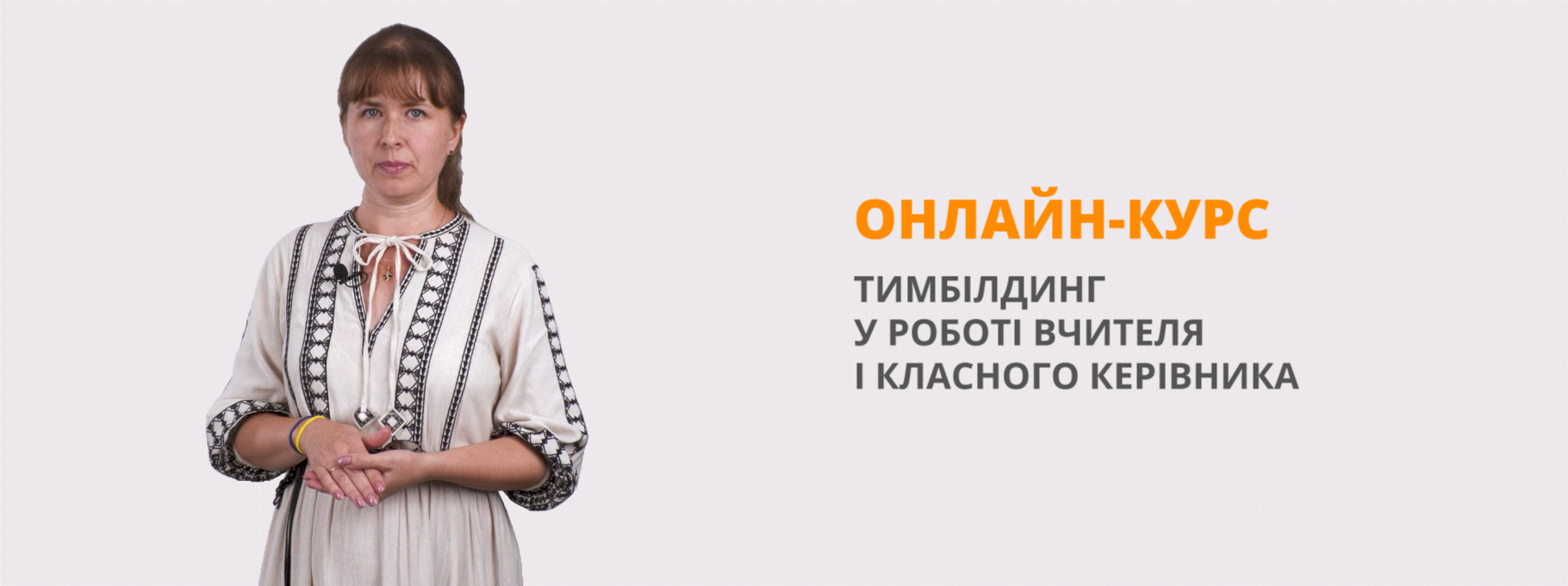Контрольна робота з англійської мови на тему "School Subjects" для учнів 8 класу
I.Match Variant 1
|
1.First of all 2.Besides 3.Moreover 4.On the one hand 5. On the other hand 6.Also |
a)з одного боку b)крім того c)перш за все d)також e)більш того f)з іншого боку |
II. Complete the sentences with the words from the box
|
Art , History, Physics , Biology, Geography, Geometry, PE, Maths. |
1) Pupils usually learn about the life and structure of plants and animals at the lessons of ___.
2) Pupils usually learn about the measurements and relationships of lines, angles, surfaces and solids at the lessons of ___.
3) Pupils usually draw and paint pictures at the lessons of ___.
4) Pupils usually learn about the past events connected with the development of a particular place, subject, etc. at the lessons of _____.
5) Pupils usually learn about phenomena such as heat, light, sound, etc., relationships between them, and how they affect objects at the lessons of ____.
6) Pupils usually learn about numbers and shapes at the lessons of ______.
7) Pupils usually jump, run and do sport at the lessons of ____.
8) Pupils usually learn about the Earth's surface, physical features, divisions, products, population, etc. at the lessons of ______.
III.Answer the questions.
1.What school subjects are you interested in? What subjects are you good at?
2. Who helps you to cope with difficulties in your studies: teachers, parents, friends?
3. What subjects do you study in the basic secondary school?
4. What subjects help you to develop creativity and imagination?
5. What subjects help you to develop basic life skills?
6. Are there any important subjects or are there any that you think you don’t need?
IV.Write about your favourite subject (the most important subject).
I.Match Variant 2
|
1.First of all 2.Besides 3.Moreover 4.On the one hand 5. On the other hand 6.Also |
a)з одного боку b)крім того c)перш за все d)також e)більш того f)з іншого боку |
II. Complete the sentences with the words from the box
|
Art , History, Physics , Biology, Geography, Geometry, PE, Maths. |
1) Pupils usually learn about the life and structure of plants and animals at the lessons of ___.
2) Pupils usually learn about the measurements and relationships of lines, angles, surfaces and solids at the lessons of ___.
3) Pupils usually draw and paint pictures at the lessons of ___.
4) Pupils usually learn about the past events connected with the development of a particular place, subject, etc. at the lessons of _____.
5) Pupils usually learn about phenomena such as heat, light, sound, etc., relationships between them, and how they affect objects at the lessons of ____.
6) Pupils usually learn about numbers and shapes at the lessons of ______.
7) Pupils usually jump, run and do sport at the lessons of ____.
8) Pupils usually learn about the Earth's surface, physical features, divisions, products, population, etc. at the lessons of ______.
III.Answer the questions.
1.What school subjects are you interested in? What subjects are you good at?
2. Who helps you to cope with difficulties in your studies: teachers, parents, friends?
3. What subjects do you study in the basic secondary school?
4. What subjects help you to develop creativity and imagination?
5. What subjects help you to develop basic life skills?
6. Are there any important subjects or are there any that you think you don’t need?
IV.Write about your favourite subject (the most important subject).


про публікацію авторської розробки
Додати розробку
